
Adult organ donation has risen over the past years, but declined in pediatrics. A study examined consent for pediatric organ donation.
Ms. Hester is Content Specialist with Contemporary OB/GYN and Contemporary Pediatrics.

Adult organ donation has risen over the past years, but declined in pediatrics. A study examined consent for pediatric organ donation.
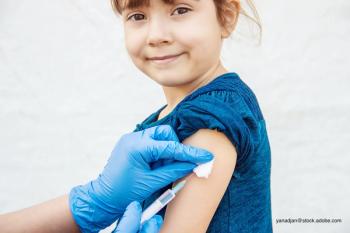
Contemporary Pediatrics sat down with Dr. Donna Hallas to discuss how to communicate with parents as well as how to address vaccines missed because of the pandemic.

Traumatic cataract requires surgery to repair, but how good are the outcomes for visual acuity and does it to other complications? A study investigates the outcomes.

A report looks at whether a web-based intervention for teachers resulted in cardiorespiratory fitness improvement for children when delivered to a large number of schools.
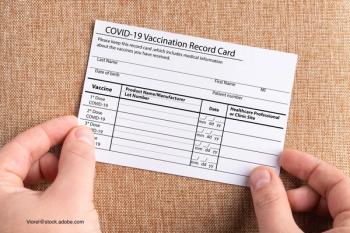
The US Food and Drug Administration expanded the emergency use authorization of the 2-dose vaccine to include children aged 12 to 15 years.

Processed foods have continued to be a big part of the everyday diet, even with research showing how unhealthy they are. A study examines how much processed food ends up in a child’s lunch and school snacks.
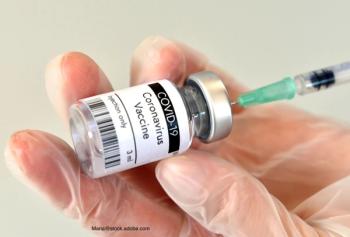
The International Society for Vaccines (ISV) presented its fifth update on COVID-19 vaccines around the world. This update focused on vaccines produced in China.

A study examines the efficacy of using documentation to improve sleep treatment.

At the virtual 2021 Pediatric Academic Societies meeting, Niloufar Paydar-Darian, MD, attending physician at Boston Children’s Hospital, presented the results of a quality improvement program with the aim of eliminating serious preventable adverse events linked to discharge.

Pregnancy in adolescence can lead to poorer outcomes in both mother and child. An investigation presented at the virtual 2021 Pediatric Academic Societies meeting looks at how educational attainment could impact the outcomes.

The first results from the ILLUMINATE-A Phase 3 study of OXLUMO® (lumasiran) were released at the 2021 Pediatric Academic Societies virtual meeting and show highly promising results.

Not every adolescent female patient has a doctor to turn to for contraceptive counseling. An investigation reported at the virtual 2021 Pediatric Academic Societies meeting offered insight into whether addressing the concern at emergency department (ED) visits could work.
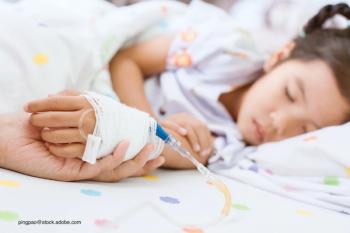
The medically complex child is often at greater risk of a life-threatening infection than his or her non-complex peers. A study presented at the virtual 2021 Pediatric Academic Societies meeting examines whether the medically complex child is at greater risk of COVID-19.

The non-adherence to a treatment plan isn’t the result of one factor, but many. A presentation at the virtual 2021 Pediatric Academic Societies meeting examines how several factors impact chronic kidney disease and organ transplantation in children.

The pandemic has drastically changed the lives of children, but children with autism spectrum disorder in particular lost the routines that made life easier to handle. A study presented at the virtual 2021 Pediatric Academic Societies meeting offers insight.

When a patient or family member makes a discriminatory remark, many clinicians may not know how to respond. A presentation at the virtual 2021 Pediatric Academic Societies meeting looks at how algorithms could help.

Most guidance recommends a delay of at least 30 seconds in cord clamping following delivery. A presentation at the virtual 2021 Pediatric Academic Societies meeting looks at the research.

The US Department of Agriculture (USDA) announced that the Pandemic Electronic Benefit Transfer, which provided nutrition to children that previously would have been offered by schools, would be extended to the summer months.

With the coronavirus disease 2019 (COVID-19) vaccine still not authorized for use in most of the pediatric population, reducing infection in children is important and identifying asymptomatic and presymptomatic infections could be key.

Becoming overweight at a young age can lead to long-term obesity and represents an important challenge to tackle in childhood. An investigation looks at the impact of a health literacy intervention on reducing overweight children.
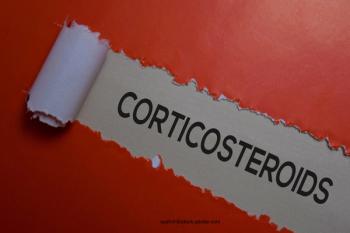
Oral corticosteroids are commonly prescribed, but long-term use can lead to certain adverse outcomes. A new study takes a look at whether using a corticosteroid burst could mitigate those risks.

The Centers for Disease Control and Prevention (CDC) has updated their interim guidance for fully vaccinated people, which includes a major change in mask requirements for the outdoors.

With the dearth of pediatric drug trials, it’s crucial that those trials that are implemented get published, but that is not always the case. A research letter looks into what is lost to clinicians when these trials do go unpublished.

Contemporary Pediatrics sat down with Andrew J. Schuman, MD, FAAP, to discuss his hope for using those lesson to improve care as well as what pediatricians can do to address coronavirus disease 2019 vaccine hesitancy.

When using therapeutic hypothermia for treatment, is feeding safe or does it lead to poor outcomes? A study offers answers.

Family health history can serve as a warning for a patient’s current physical health issues. A report indicates that it may also be helpful with mental health issues.

This past year in particular, telehealth showed how effective it could be in delivering quality health care. An investigation looks at how it can be used to help expectant mothers and newborns have positive perinatal outcomes.

A literature review examines the effectiveness of a number of interventions meant to target self-harm and suicidality.
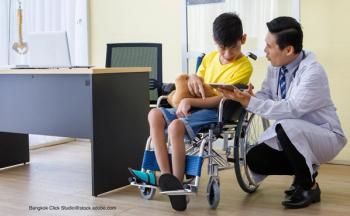
Children with disabilities are at an increased risk of maltreatment and may be unable to communicate this issue effectively. A report offers needed guidance for how to intervene.

A study offers crucial information on the risk factors and prevalence of cisplatin-induced hearing loss in young cancer patients.